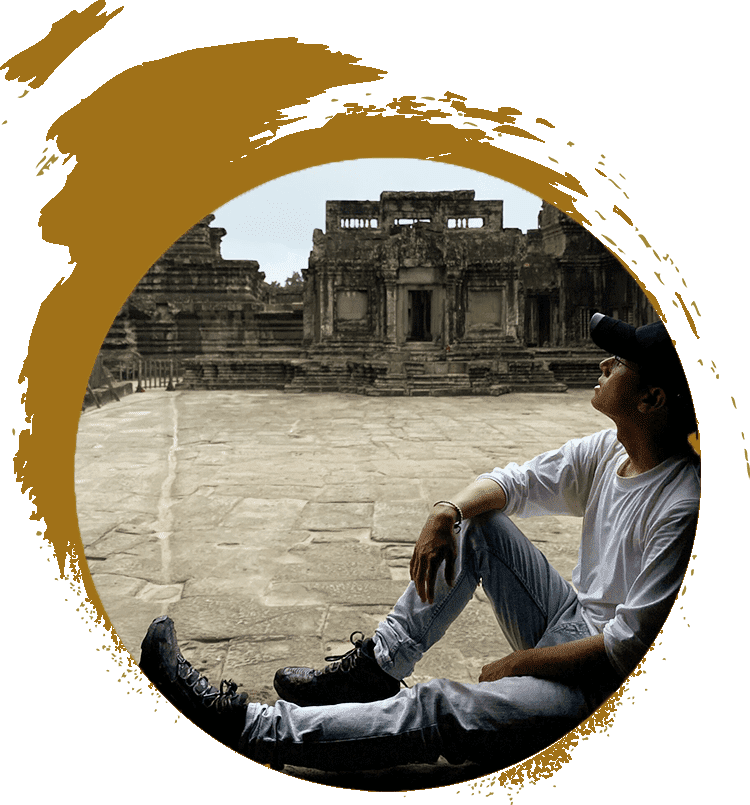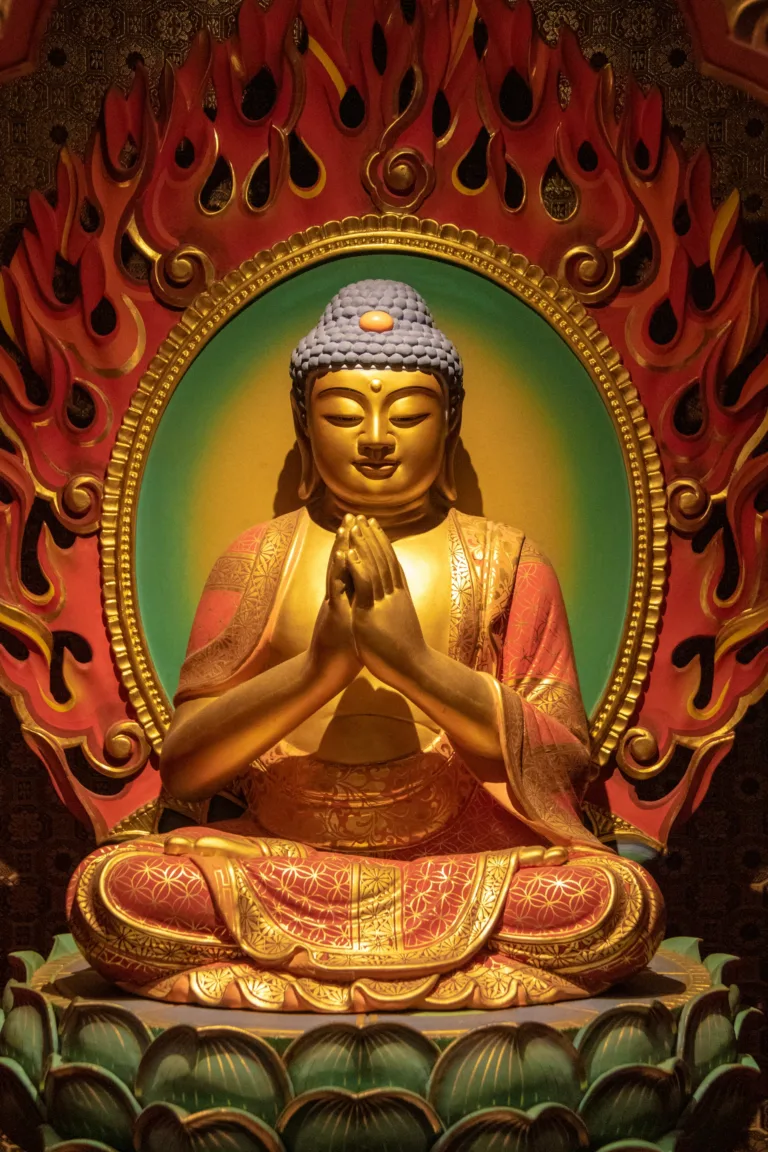The concept of the ego plays a pivotal role in how we navigate the world and interact with others.
But first, let’s define the ego.
In psychological terms, the ego is often seen as the part of the self that mediates between our primitive desires and our moral standards. It helps us manage our instincts and social behaviors according to the reality of the situations we face.
In Eastern spiritual philosophies, the ego is viewed quite differently. Here, it is often seen as an illusion, a false self that separates us from true spiritual enlightenment and unity with the universe.
The dissolution of the ego, therefore, is viewed as a crucial step towards achieving deeper personal growth, genuine happiness, and more harmonious relationships.
Therefore this article will explore the journey of dissolving the ego through four comprehensive parts: understanding the ego, recognizing the need for its dissolution, exploring various strategies for this process, and learning how to maintain a state of reduced ego influence in everyday life. Each section will incorporate both psychological insights and spiritual wisdom to provide a balanced perspective on transcending one of the most subtle yet powerful barriers to personal transformation.
Table of Contents
TogglePart 1: Understanding the Ego
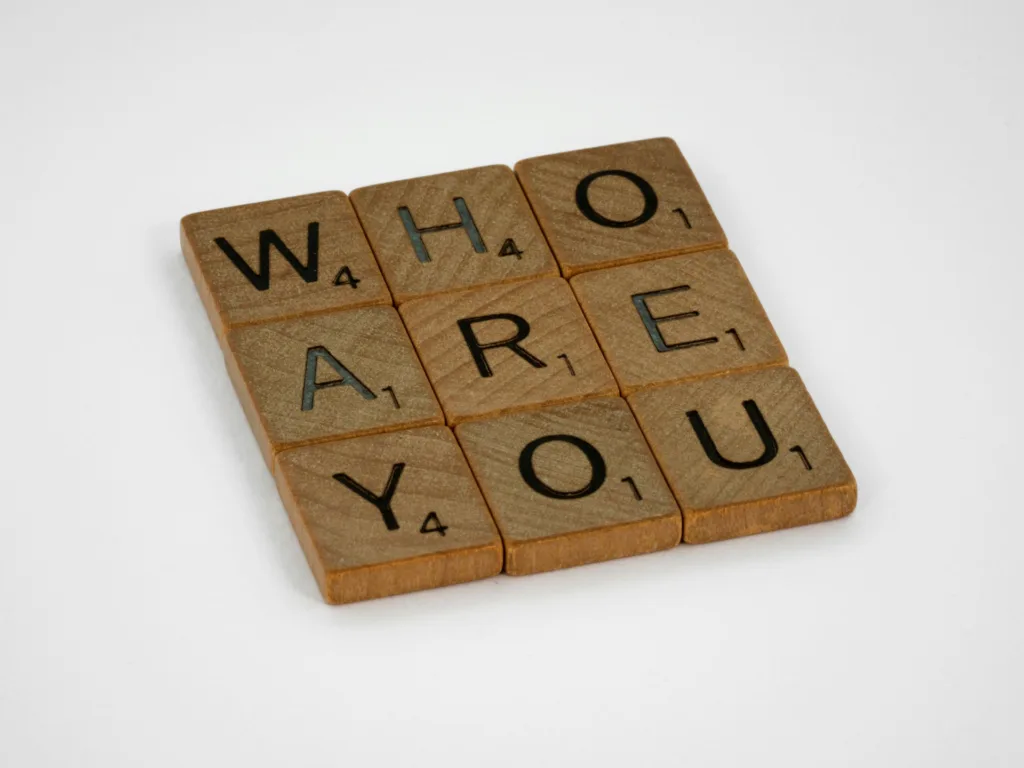
What is the Ego?
Psychological View
Historically, in the framework of Freudian psychoanalysis, the ego is one of the three main components of human psychology, alongside the id and the superego. The id represents our primal instincts, such as those for food, sex, and aggression. The superego develops through societal and parental influences and is the source of moral standards and the conscience.
The ego acts as the mediator between the impulsive demands of the id and the moralistic constraints of the superego. It functions primarily on the reality principle, which strives to satisfy the id’s desires in realistic and socially appropriate ways.
Freud believed that a strong ego is essential for a well-adjusted individual, as it balances the basic drives and idealistic standards to behave in socially acceptable and realistic ways.
In modern psychology however, the ego often represents the self-concept, the organized part of our personality structure that includes consciousness, perceptions, and thoughts. The modern ego is seen as the executive part of the personality, directing motion, making choices, and using defense mechanisms to protect the individual from psychological distress.

Spiritual View
In Buddhism and Hinduism, the ego is often depicted not as a beneficial mediator but as a source of illusion and suffering. The ego, in these philosophies, is synonymous with the “self” or “ahamkara” in Sanskrit, which literally translates to “I-maker”.
This concept describes the process of self-identification that separates the individual from the universal truth. The ego is seen as the element that attaches to personal identity, experiences, and possessions, which creates a veil of illusion (maya) that separates individuals from seeing and experiencing the world as it truly is.
The fundamental teaching in Buddhism involves the doctrine of “anatta”, or non-self, which asserts that the notion of a permanent, unchanging self is an illusion.
This doctrine is a cornerstone in the path toward enlightenment, which involves realizing the interconnectedness of all things and the absence of a separate self. Dissolving the ego here means transcending the individual self to achieve Nirvana—a state of liberation from suffering and the cycle of rebirth.
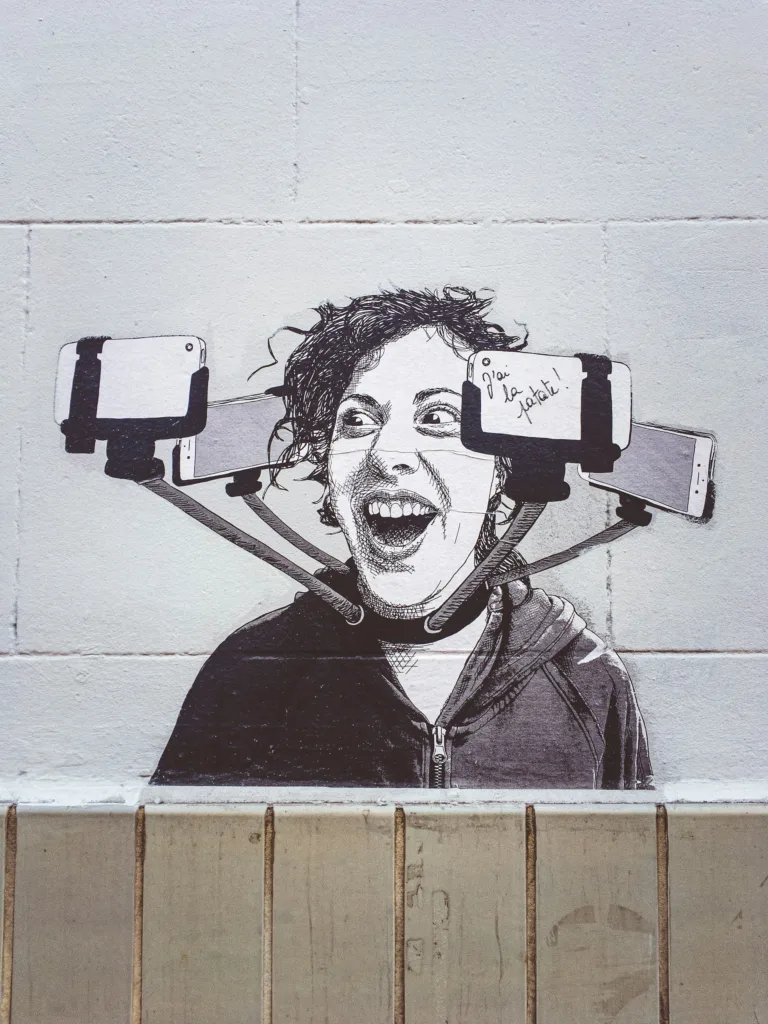
Characteristics of a Dominant Ego
A dominant ego can manifest through several distinctive characteristics that significantly affect both personal well-being and social interactions. Common signs of an overactive ego include defensiveness, competitiveness, and jealousy:
- Defensiveness is often triggered when the ego feels threatened. This reaction can stifle personal growth, as it prevents individuals from accepting constructive feedback and embracing opportunities for improvement.
- Competitiveness, while it can be healthy in moderate doses, becomes a sign of a dominant ego when it pushes individuals to constantly outdo others, leading to strained relationships and a singular focus on winning rather than on personal excellence.
- Jealousy is another hallmark of an overactive ego, emerging from insecurity and the fear of losing status to others, which can sabotage personal connections and lead to resentment.
Individuals with a dominant ego often experience a great deal of internal turmoil, anxiety, and dissatisfaction, as their sense of worth is heavily dependent on external validation and comparisons to others. This relentless pursuit of affirmation and superiority can lead to emotional exhaustion and a sense of emptiness.
Part 2: The Need for Ego Dissolution

Benefits of Reducing the Ego's Influence
The pursuit of ego dissolution offers tangible benefits that can enhance personal and collective well-being. Reducing the influence of the ego can lead to significant improvements in various aspects of life, such as:
-
Enhanced Emotional Intelligence: Diminishing the ego broadens one’s ability to understand and relate to the emotions of others. As the focus shifts from self-centeredness to a more inclusive perspective, empathy increases.
-
Greater Peace of Mind: A smaller ego contributes to a calmer internal state. Without the constant need to defend, compare, or assert one’s importance, individuals experience less mental turmoil. This tranquility arises from accepting life and others as they are, without the incessant need to control the surroundings.
-
Improved Relationships: As the ego recedes, relationships flourish. The competitive behaviors that once sabotaged connections give way to more authentic interactions. This shift can lead to stronger, more fulfilling relationships both in personal life and within the community.
Challenges in Dissolving the Ego
Common Resistances & Misconceptions
One of the primary resistances to ego dissolution is the fear of losing one’s identity. Many people equate their ego with their personality and fear that reducing its influence could lead to losing a sense of self or becoming “less” of a person. This misconception can deter individuals from engaging in practices aimed at ego reduction, as they mistakenly believe it might erase aspects of their character or achievements that they value.
Additionally, there is often a misunderstanding that having no ego could result in becoming passive or submissive, failing to assert oneself in situations where it is necessary. This fear of becoming ineffectual or being easily manipulated can make people hesitant to work on their ego issues.
However, reducing ego doesn’t mean losing the ability to assert oneself; rather, it involves responding from a place of balance and consideration, rather than from defensive impulses.

Emotional & Psychological Difficulties
The process of ego dissolution can be emotionally taxing. As individuals begin to confront and let go of deeply ingrained ego-driven behaviors, they may experience significant emotional upheaval. Common emotional reactions include feelings of vulnerability, anxiety, and existential dread, as the familiar frameworks for understanding themselves and the world may seem to be slipping away.
Psychologically, dismantling the ego can lead to periods of intense introspection and confusion, as one’s previous self-conceptions and worldviews are challenged. This can be disorienting and may temporarily exacerbate feelings of insecurity or uncertainty. Moreover, as the ego begins to lose its dominance, it can fight back, leading to increased internal conflict. This is often a critical phase where individuals might feel tempted to revert to their old ego-centric patterns to regain a sense of normalcy.
Part 3: Strategies for Ego Dissolution

Mindfulness Practices
Among the most effective approaches of dissolving the ego are mindfulness and awareness practices, which help us become more present and aware of our moment-to-moment experiences, reducing the dominance of ego over time.
Mindfulness meditation is a foundational practice in this process. It involves sitting quietly and paying attention to thoughts, sounds, the sensations of breathing, or parts of the body, while observing what arises without attachment or judgment. This practice helps cultivate a state of awareness where one can observe the ego’s reactions and tendencies from a distance rather than being caught up in them.
Self-observation are also crucial for understanding the workings of one’s ego. By regularly taking time to reflect on one’s thoughts, emotions, and behaviors, individuals can start to identify patterns that are ego-driven, such as a need for approval or a tendency to criticize others. This heightened self-awareness enables a more conscious engagement with one’s actions and decisions, allowing for more deliberate and less reactive choices.
Finally, cultivating an awareness of thoughts and feelings as transient elements of experience can significantly aid in ego dissolution. Recognizing that thoughts and emotions come and go can diminish their impact and reduce the ego’s control. This perspective helps foster a more fluid sense of identity and a flexible approach to life’s challenges, as one learns not to define oneself solely based on momentary thoughts or emotional states.

Cognitive Approaches
Cognitive strategies involve reshaping thought patterns and modifying behaviors, creating a more balanced self-view and fostering healthier interactions with others.
Cognitive restructuring is a technique used in cognitive-behavioral therapy that helps individuals identify and challenge ego-centric thoughts. These thoughts often manifest as absolutes and exaggerations, such as “I must be the best” or “Everyone should notice me.” By questioning the validity and helpfulness of these thoughts, individuals can start to replace them with more realistic and balanced perspectives. This process often involves scrutinizing the evidence for and against ego-driven thoughts, assessing their consequences, and consciously adopting more flexible and objective ways of thinking.
Actions dictated by the ego often aim to assert dominance, seek validation, or enhance one’s status. To counter these tendencies, individuals can practice behaviors that promote equality, humility, and cooperation. For instance, actively listening to others without interrupting, acknowledging the contributions and successes of others, and engaging in acts of kindness without expecting anything in return can all help diminish the influence of the ego. These behaviors not only reduce ego-centric actions but also reinforce the cognitive shifts achieved through restructuring.
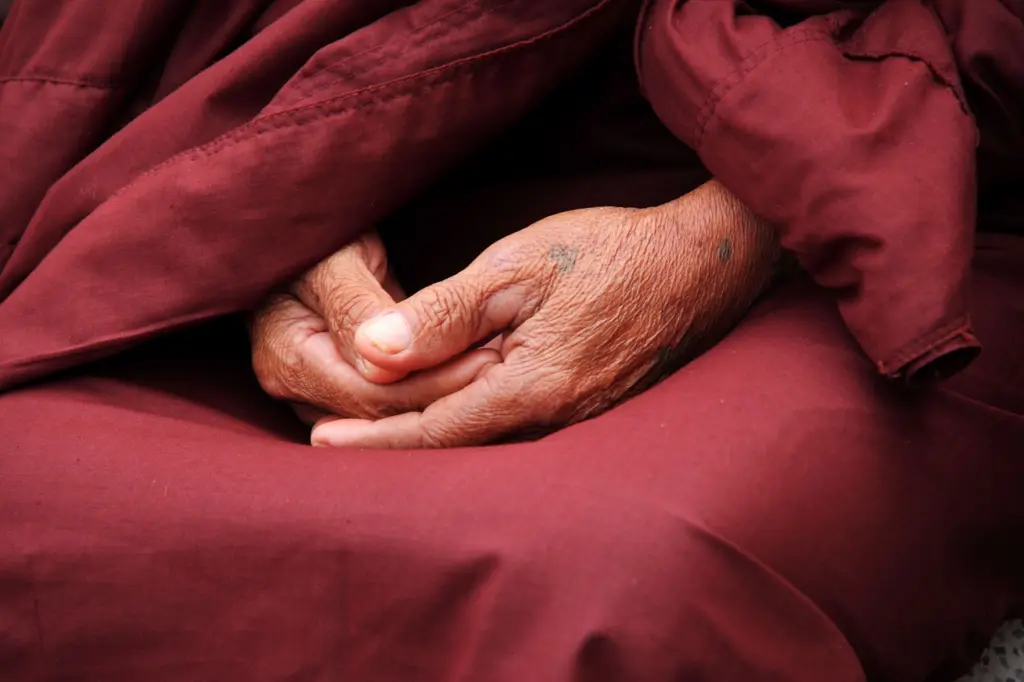
Spiritual Practices
Teachings from Buddhism and Hinduism provide rich resources for understanding and overcoming the ego. Buddhism, for instance, emphasizes the practice of meditation, mindfulness, and the Four Noble Truths which guide individuals towards understanding the nature of suffering, its origin (often linked to desire and attachment, which are functions of the ego), and the path to its cessation. The Eightfold Path, part of this tradition, includes ethical conduct, mental discipline, and wisdom practices that directly counteract ego-driven impulses.
Hinduism introduces the concept of Atman (the soul or self) and Brahman (the universal spirit), advocating for the realization that the individual self (Atman) is one with the universal self (Brahman). This realization, often achieved through practices like yoga, meditation, and devotion (bhakti), encourages the dissolution of the ego by showing its illusory nature and promoting a union with the divine.
The practice of surrender and letting go is central in many spiritual traditions. This often involves detaching from the outcomes of one’s actions and surrendering to a higher power or the flow of life, which can be seen in the Bhagavad Gita’s counsel to perform one’s duty without attachment to results. Such detachment is not about indifference but about engaging fully without the ego’s interference.
Regular prayer and meditation help cultivate an inner silence and peace, reducing the constant chatter of the ego and allowing deeper insights into one’s true nature beyond the egoic mind. Selfless action (seva), shifts focus from oneself to others, fostering a sense of unity and empathy that undermines egoistic barriers.
Incorporating mantras or dharanis—sacred utterances believed to have spiritual potency—into daily practice can also be highly effective. A lot of the effects from mantras are aimed at dissolving the ego as well, for example Shiva‘s Om Namah Shivaya.

Therapeutic Approaches
Therapy plays a huge role in the process of ego dissolution by providing structured methods to understand and transform the dynamics of the ego within the psyche. Psychotherapy offers various techniques tailored to different aspects of ego-related challenges, each helping individuals navigate their inner world more effectively.
Ego state therapy is a psychotherapeutic approach that recognizes different parts within the individual, each with its own perspective, feelings, and ways of interacting with the world. This therapy stems from the understanding that the ego is not a monolithic entity but a composite of various states that can conflict or cooperate. By identifying and communicating with these ego states, a person can address dysfunctional patterns and promote a healthier integration of the self. This is particularly useful for resolving internal conflicts and reducing ego dominance, as it allows the person to understand and moderate aspects of themselves that are overly defensive, aggressive, or withdrawn.
Part 4: Living Beyond the Ego
Maintaining a state of reduced ego influence requires consistent practice of humility and empathy in everyday life. One effective daily habit is the practice of gratitude, where we can take time each day to reflect on and appreciate the contributions and value of others, as well as the blessings in our own lives. This counters the ego’s tendency to focus on self and fosters a greater appreciation for the interconnectedness of life.
Another powerful routine is engaging in acts of service. By prioritizing the needs of others through volunteer work or simple acts of kindness without seeking recognition, we can reinforce humility and diminish the ego’s hold. This also helps in cultivating empathy, as it involves putting oneself in another’s situation and acting to improve it.
For sustained ego dissolution, ongoing practices such as meditation and self-reflection are indispensable. Self-reflection is another key practice, ideally incorporated into a regular routine. By setting aside time for introspection, perhaps through journaling, we can deepen our understanding of our motivations and behaviors.
In sum, living beyond the ego is a lifelong process that involves daily practices of humility and empathy, along with ongoing efforts in self-awareness. These efforts help to ensure that the insights and freedoms gained from dissolving the ego are not just temporary but become a stable foundation for a meaningful life.





